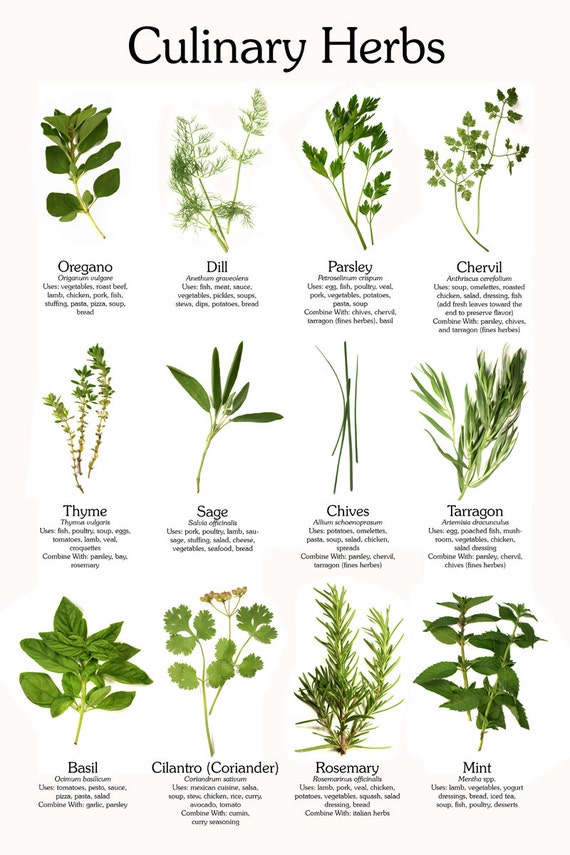
Think about it: so many cultures relied on trees. But the origins of this saying stretch way back in time to the beliefs of our ancestors. Some of us might knock on wood or talk about it without a second thought, as if it’s a perfectly normal thing to do (and it is, in many ways). It’s a habit many of us still uphold, especially when one is in need of some good luck, a bit of courage, or hope that something will go well.īut did you know that knocking on or touching wood is actually a tradition steeped in plant folklore? I’m sure it will make you think differently about the many trees, shrubs, and herbs you grow in your garden – or maybe get you to consider completely new and magical ones! Knocking on Wood Let’s take a deeper look at the plant world, ranging across cultures all around the world, and how their mystical influences still touch our lives in modern times – and even some peculiar beliefs we once had (or might still have) about them. Gardening, agriculture, and plant relationships have been very central to humanity so much so that folklore surrounding them found its way into ancient beliefs, customs, and mottos today, even the names of the plants themselves. So inspiring, in fact, that references to plants are more ingrained into our lives than we might think! Extensive tables, a cross-reference of folk names glossary, and annotated bibliography make this a comprehensive and valuable guide to the practice of magical herbalism.The world of plants has long been inspiring and magical to many cultures. The magical properties of onions, cashews, apples, rice, and lettuce as well as dill, basil, fennel, garlic, and parsley are all described at-length.

Want to enhance you psychic abilities? Brew up some dandelion root tea.įar from concentrating on esoteric unobtainable plants, Cunningham's Encyclopedia of Magical Herbs mentions numerous herbs that can be found in almost any home. Having problems with your cash flow? Burn cloves as incense to attract riches. Hoping to meet that special someone? Wear a sprig of maidenhair fern. Magical herbalism is the use of these powers to create positive changes. They know which plants could kill, and they also knew that plants harbored magical powers: forces that could be harnessed and directed to fulfill a need whether that be protecting a house or finding true love. In days-gone-by our ancestors lived in harmony with the earth.

With his guidance, you'll learn that violets can be used for protection, luck, love that primrose is for protection and love that garlic can be employed for protection, healing, exorcism, lust, and prevention of theft and so much more! The wealth of information assembled in this book, painstakingly gathered by renowned scholar and practitioner Scott Cunningham, is invaluable. There, you'll be able to learn that when a recipe calls for "bramble", you need some blackberry, or that if the magic calls for "enebro", you'd be wise to add juniper to your shopping list. One of the most useful elements of the encyclopedia is its folk-name cross-reference section. In this edition of the book (expanded and revised on the 15th anniversary of its original publication) you will find the magical properties and folklore of over 400 herbs! Listed alphabetically, you'll find each herb along with a detailed hand-illustration, classifying information (including each herbs governing planet and more), as well as a thorough description of its magical uses. It is the ultimate guide to herbs and their use in magic, rituals, spells, talismans, or personal spiritual/religious practice. Cunningham's Encyclopedia of Magical Herbs has become a classic in the field.


 0 kommentar(er)
0 kommentar(er)
